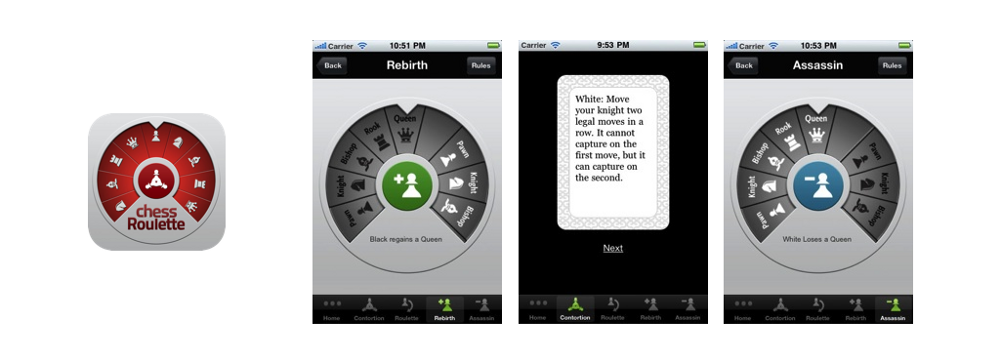January 9, 2016
Hidden Weaknesses and Outsourced Risk
The benefits of not asking for help (even when you desperately need it)
Answer the following question:
Which is better? The ability to admit your weaknesses openly or to be able to hide your weaknesses convincingly?
While you contemplate that question, let me tell you a story…
It was the summer of 1999. I arrived back to school a day early with an old couch in the back of my pickup. My room was on the 4th floor and I needed to get the couch upstairs. There were a few people around who would have helped me out, but I didn’t really know them well enough to impose. Instead I put the couch on my back, propped the door open, and through brute force managed to get the couch up the stairs and into my room.
Drenched in sweet, exhausted, I sat on that couch and reflected on what I had done. Why would I rather kill myself than ask for help? I should have felt embarrassed for not asking for help but I didn’t. Instead, I felt proud. I had done something (although it was stupid) that most people wouldn’t even attempt.
I would like to think I have grown wiser since my college days, but I am pretty sure that if I was in the situation today I would still rather carry the weight myself than to ask for help. It’s a problem.
I am starting this post with that story because this is the approach I have taken to app development. For better or for worse I have taken all the weight on myself: design, development, writing, marketing, finance, support. Rather than outsource these things to professionals I tackle them myself — mostly because I don’t want to share the workload. For some reason I can’t ask for help.
Back to the original question. Is it better to admit weakness or hide shortcomings?
You might be tempted to choose A. The honest person will admit when he is in over his head. He knows when he needs help and isn’t afraid to ask for help. That’s the wrong answer.
The correct answer is B. Fake it.
I suspect I am in the minority when I say that hiding your weaknesses is the better approach. If you fake it long enough eventually the skill that you were pretending to have will evolve into legitimate ability. This sounds like deception, but it isn’t. We call this practice.
The alternative is to hire people to bail you out. Rather than risk personal failure, you outsource the risk. You never gain new skills, you never try new things, and you never ship original work.
I admire those of you who are masters at delegation. You recognize the abilities of others and maneuver assets around like puzzle pieces until the project is complete. Amazing. I am not sure I will ever be like you, and honestly I am not sure I want that ability. I just like the work, the challenge of doing things I am incapable of.

Hiding your weaknesses isn’t the easy option. In order to make this work you need to have an endless supply of energy and a burning desire to improve your skills. Most importantly, you have to have the guts to publicly fail. Prepare for face palm. It’s gonna happen, unfortunately. Creativity is embarrassing, as Isaac Asimov would say.
The downside of being unable to ask for help is that your work will suffer — at first. My early app work showed the flaws of this approach. I shipped things that weren’t polished. My code was buggy. Ideas flopped. The things I made weren’t living up to my own high standards. Perhaps this should have been a sign that I needed to ask for help. A sane person would have admitted their shortcomings and abandoned the one man show approach. But that’s not me.
The good news is that it has never been easier to fake it. The learning curve for writing code gets lower each day. You can find a video tutorial for any skill you want to learn. Free frameworks let you jumpstart your project. If you really can’t learn a skill it is getting easier to find, hire, and collaborate with specialists anywhere in the world. Use these tools, just be careful to use them as support for your growing skills, not as a replacement for them.

If you are stubborn enough to stick with the “I’d rather do it myself” approach you will eventually see the upside. You will have a wider knowledge of your craft than the specialists who are experts in their silo of knowledge. You will be able to work faster than teams that have to grind through internal conflict and political positioning. You will ship your work and more importantly you will build knowledge and skill. Isn’t that what it’s all about?
I still have a long way to go, but finally I have cobbled together enough skills to be able to be shipping work that I am proud of. My apps get better with each release. My writing improves with each crazy idea I release into the wild. Sure, there are some duds, but I would never have gotten this far without pretending I knew what I was doing.
Previous: Affordable Idealism
Next: Fooling the Focus Groups